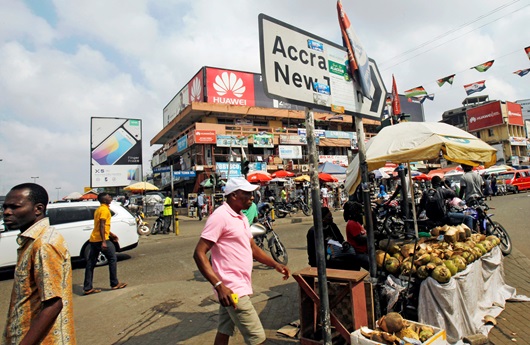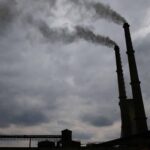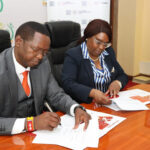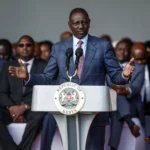Ghana’s economy grew by 6.9% in the second quarter of 2024, its fastest growth in 5 years. This is according to data published by Ghana’s statistics agency. It represents a huge recovery for Ghana after the country had battled a major economic crisis and rising debt profile.
The last time Ghana’s economy grew at this rate was in 2019. This growth is driven by major developments in the industrial, agriculture and service sector.
Ghana’s industrial sector grew by 9.3% following a 6.8% expansion in the first quarter. Also, the agriculture sector grew to 5.8% up from the previous 4.7% and 3.2%.
The services sector remained the largest contributor to the growth, accounting for 44.2%. This was followed by the industry sector, which contributed 32.2%, and the agriculture sector, with 23.6%.
- Advertisement -
The economic recovery in Ghana is generating additional momentum for the nation as it embarks on debt restructuring efforts. The country has extended an invitation to holders of around $13 billion in international bonds to swap their existing holdings for new financial instruments, subsequent to reaching a preliminary restructuring agreement with two groups of bondholders.
Ghana is currently transitioning from a prolonged debt restructuring phase and has entered the second year of an International Monetary Fund program, which has necessitated the adoption of rigorous austerity measures.
In August 2024, Ghana experienced a significant decrease in its annual inflation rate, reaching a 29-month low. The inflation rate fell by 2.39%, settling at 20.4%, a decrease from the 20.9% recorded in July.
This development enhances the likelihood of a reduction in interest rates during the upcoming meeting of central bank policymakers scheduled for September 30.
The economic growth and declining inflation could boost the ruling New Patriotic Party’s chances in the general elections scheduled for December.










